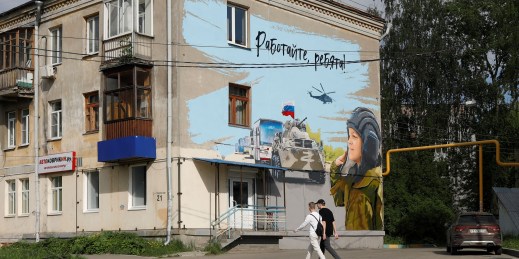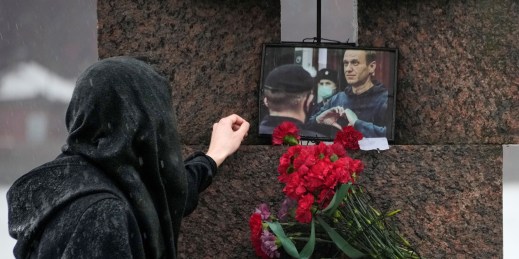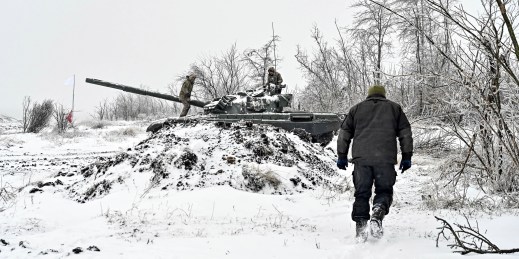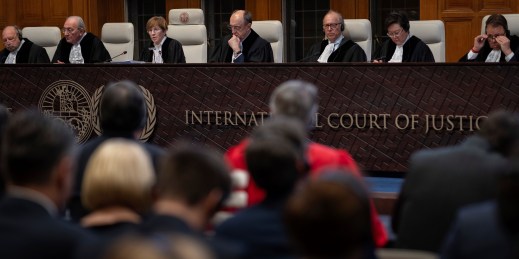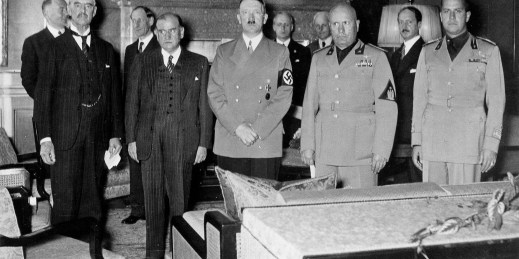
A recent spate of commentary has drawn the analogy between today’s regional conflicts and those of the 1930s that led to World War II, often as a cautionary tale for how to deal with contemporary international security dynamics. These analogies, however, misread the past, with potentially dangerous implications for the present.

